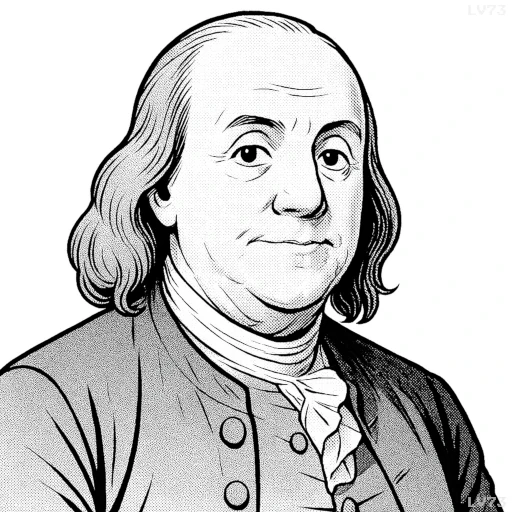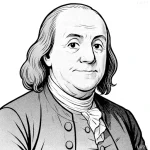“Words may show a man’s wit but actions his meaning.”

- January 17, 1706 – April 17, 1790
- American
- Polymath, Founding Father of the United States, Inventor, Diplomat, Writer
table of contents
Quote
“Words may show a man’s wit but actions his meaning.”
Explanation
In this quote, Benjamin Franklin draws a sharp distinction between what people say and what they actually do, emphasizing that true intent is revealed through action rather than eloquence. While “wit” refers to verbal cleverness or intelligence, Franklin points out that words alone can be deceptive or superficial. In contrast, actions reflect a person’s genuine values, priorities, and character.
This sentiment aligns closely with Franklin’s practical philosophy, which emphasized virtue, industriousness, and accountability. As a founder, inventor, and public servant, he valued results over rhetoric and often warned against being swayed by charm or appearances. The quote is a call to judge others—and ourselves—not by clever speech, but by concrete behavior and tangible outcomes.
In modern life, where image and language often dominate public and digital spaces, Franklin’s insight remains vital. It reminds us that integrity is demonstrated through consistent action, not polished words. Whether in leadership, relationships, or daily decisions, actions are the truest measure of intent, and Franklin encourages us to align our deeds with our declared beliefs—because meaning is found in what we do, not just what we say.
Would you like to share your impressions or related stories about this quote in the comments section?




